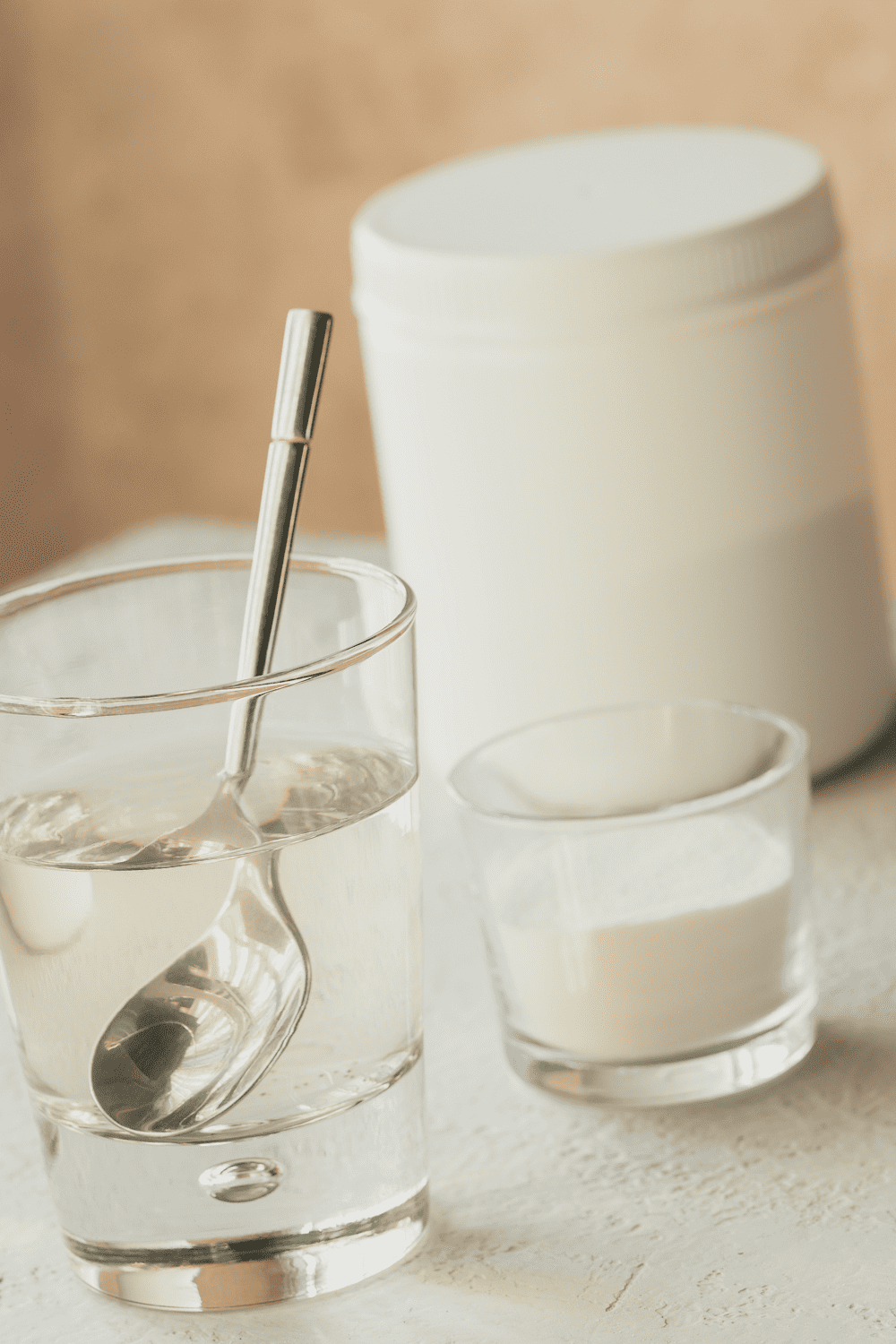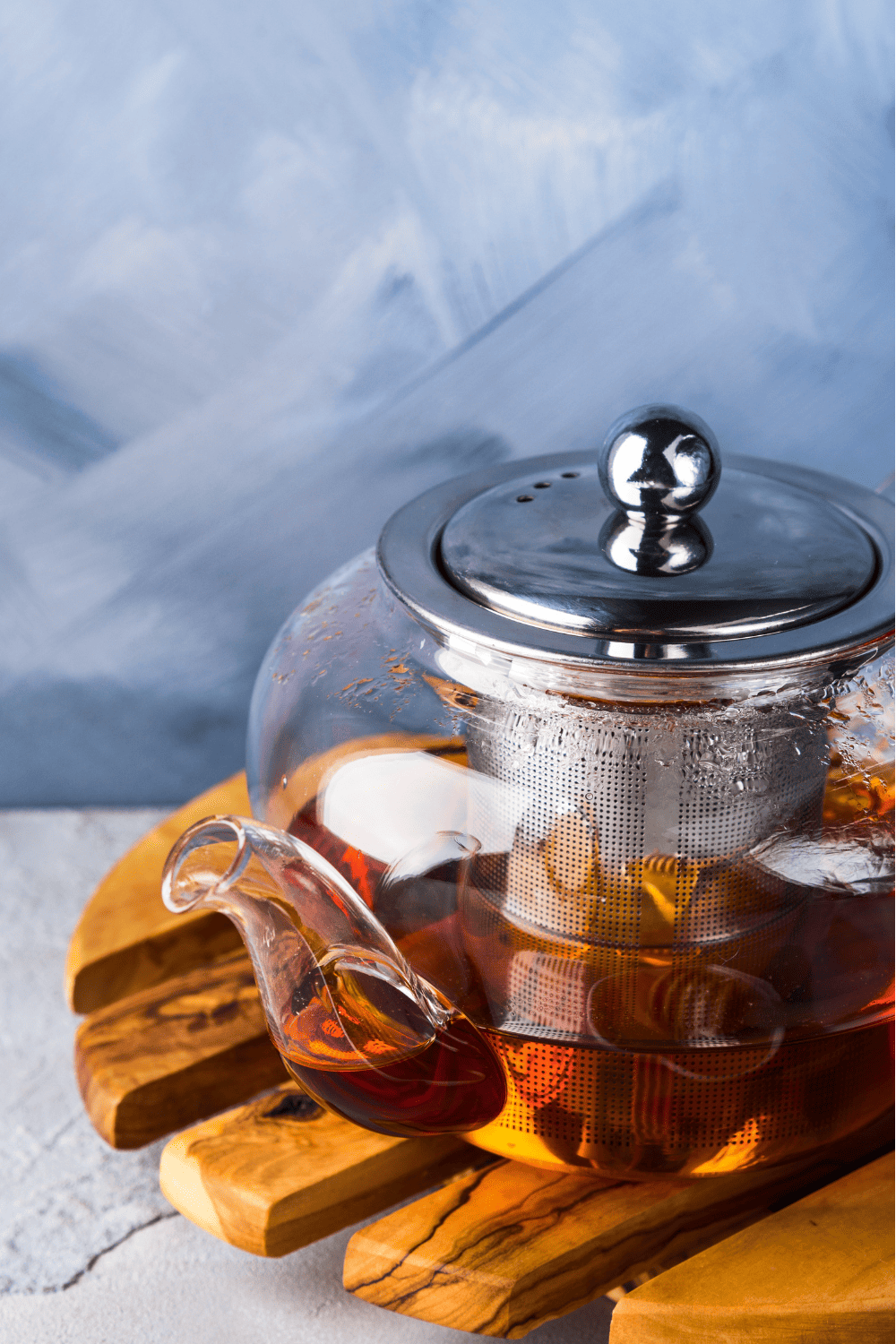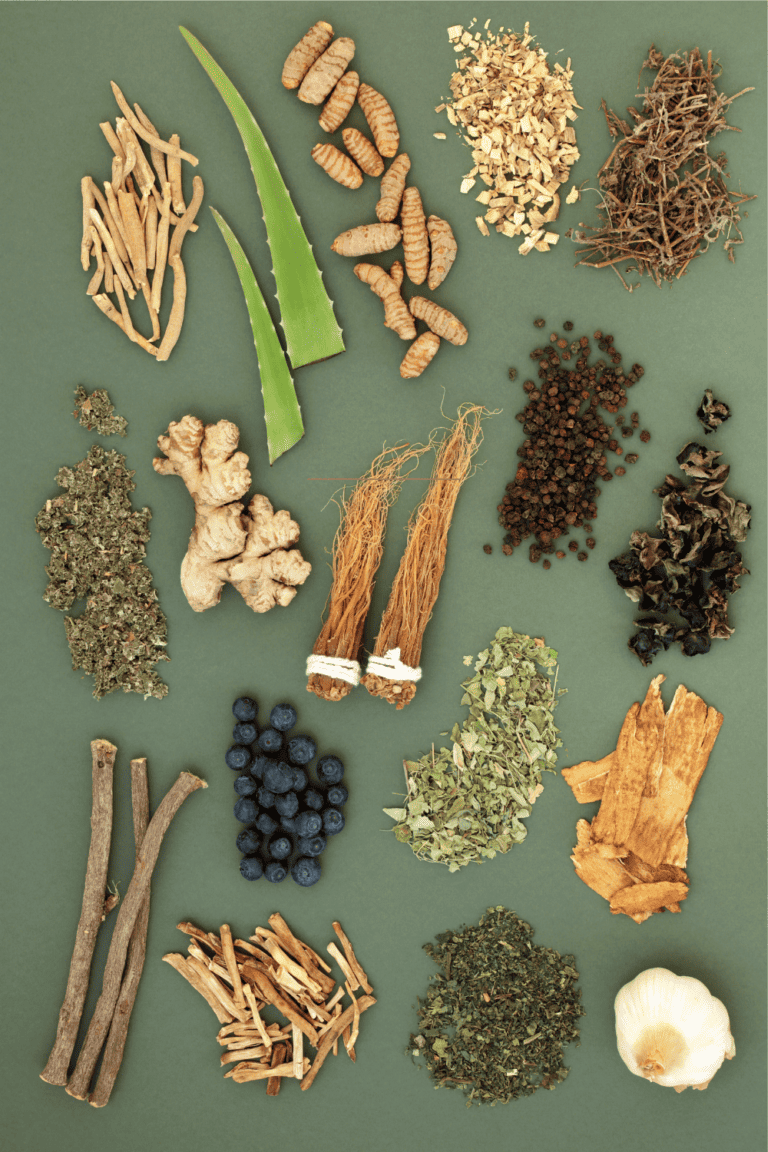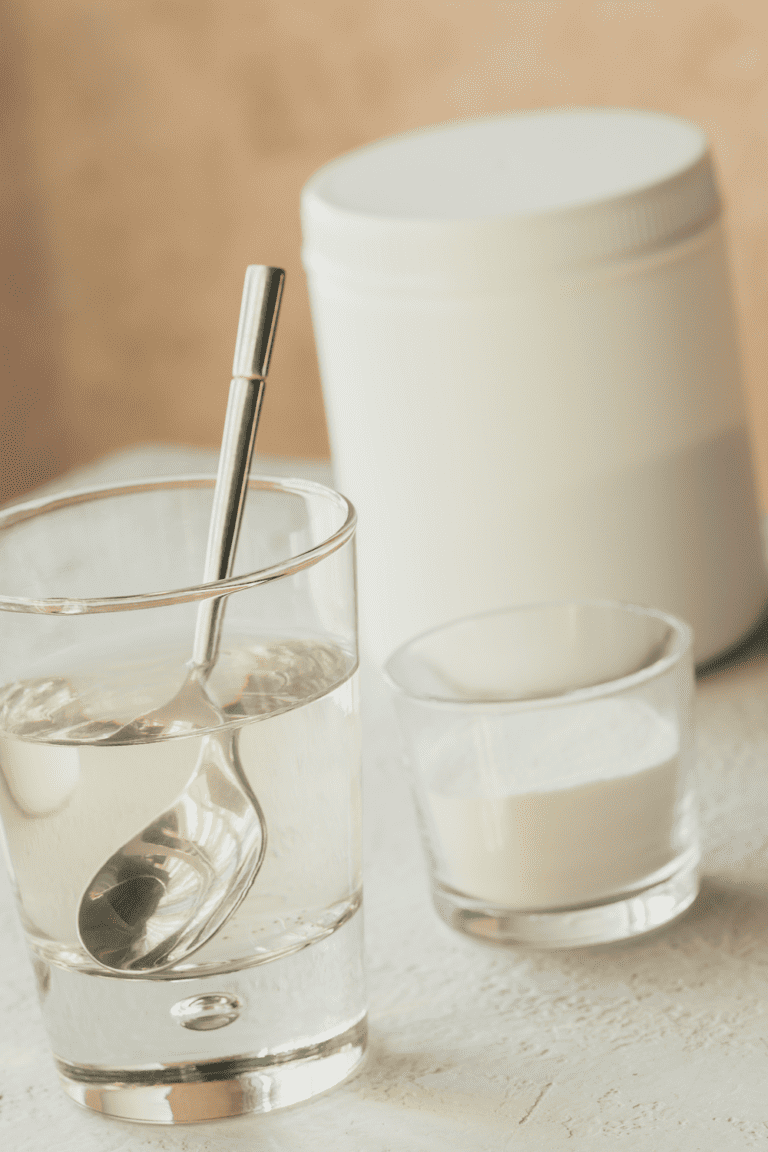Ice Bath Pregnancy: Are Ice Baths Safe During Pregnancy?
This post is about ice bath pregnancy and if it is safe to take an ice bath during pregnancy.
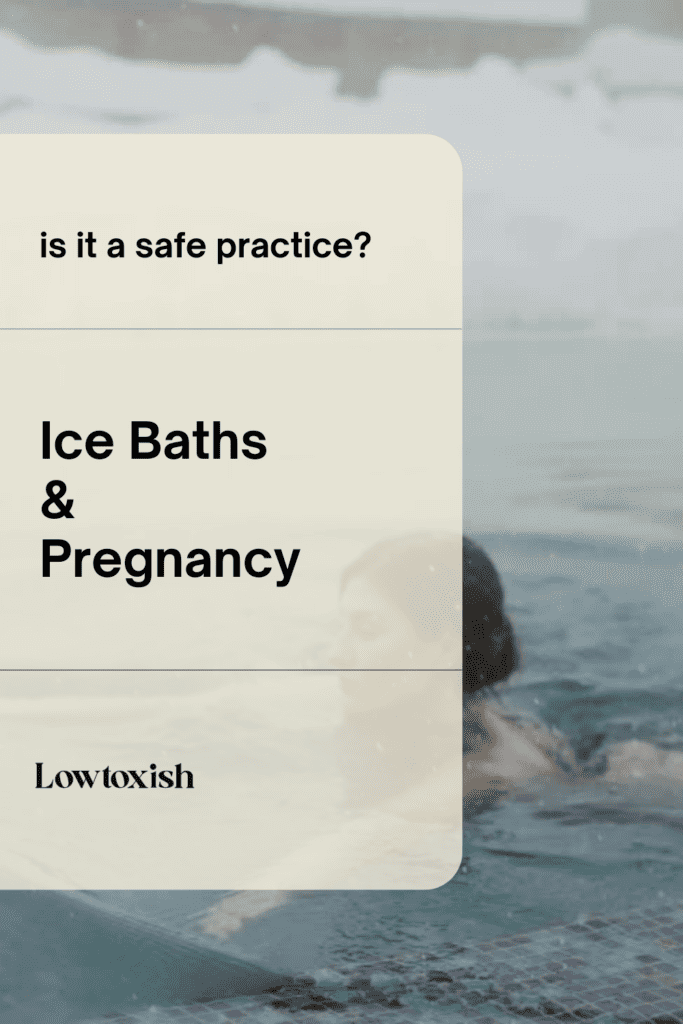
Hey there, soon-to-be moms! Pregnancy is quite the adventure, isn’t it? Now, if you’re a fan of the ice bath, pregnancy might be throwing you for a loop and you might be wondering – are they still an ok idea during pregnancy? Let’s dive into this refreshing side of self-care and figure out if those icy plunges are a green light or a red light when you’ve got a little one on the way.
Understanding the Ice Bath Pregnancy Allure:
Ice baths, also known as cold water immersion or cryotherapy, are believed to offer several potential benefits. It’s important to note that while many people find these benefits personally rewarding, individual experiences may vary, and more research is needed to establish some of these effects conclusively. Here are some commonly reported benefits that could theoretically be helpful for pregnant women :
Reduced Muscle Soreness and Inflammation:
Ice baths are often used by athletes to help reduce muscle soreness and inflammation after intense physical activity. The cold temperature is thought to constrict blood vessels and decrease metabolic activity, which can contribute to a reduction in swelling and muscle pain.
Improved Recovery after Exercise:
Cold exposure is believed to enhance the recovery process after strenuous exercise by potentially speeding up the removal of metabolic waste products from the muscles.
Potential Joint Pain Relief:
Cold therapy is often used to alleviate joint pain and arthritis symptoms. Ice baths might can temporary relief from joint discomfort, although individual responses can vary.
Increased Alertness and Energy:
Exposure to cold temperatures is thought to stimulate the release of endorphins, which can lead to an increased sense of alertness and energy.
Improved Mood and Stress Reduction:
Cold exposure has been associated with the release of neurotransmitters like norepinephrine and serotonin, contributing to mood improvement and stress reduction.
Boosted Immune System:
Some proponents suggest that exposure to cold temperatures may stimulate the production of certain immune cells, potentially strengthening the immune system. However, more research is needed to substantiate these claims.
Better Circulation:
Cold exposure is believed to constrict blood vessels initially, followed by a dilation once the body begins to warm up. This process is thought to improve overall circulation.
The Chill Effect on the Body:
Ice baths, with their knack for reducing inflammation, enhancing circulation, and providing an overall sense of rejuvenation, have gained popularity in wellness circles. Yet, when you’re nurturing a tiny life within, the question arises – are these icy rituals still advisable?
Ability to Handle Pain Better During Birthing Process:
You have to control your breathing when in ice baths or else you will hyperventilate. Controlling your breathing has always been a core necessity for having a more calm and controlled birthing process. Whim Hoff is known for his breathing techniques as they pertain to cold plunges and how to dampen the body’s pain response.
Possibility to Help Calm Extreme Morning Sickiness:
This idea hear is 100% me. I had EXTREME morning sickness with all three pregnancies and although ice baths weren’t a thing back then I do know the one thing that would give me some relief from my constant nauseau and vomiting was being in water, specifically hot water. (which is not advised during pregnancy).
Ther was something about being surrounded by water and maybe the sting of heat that took away the extreme nausea for a while. I can imagine that the same effect might be found in very cold water as well. However, I can also imagine that if your breathing wasn’t in control that it might also make the nausea worse.
Are Ice Baths Safe for Baby?
Core Temperature Stability:
Maintaining a stable core temperature is crucial during pregnancy. Extreme temperature fluctuations, whether hot or cold, may pose risks to the developing fetus.
Limited Research:
There is limited specific research on the direct impact of ice baths during pregnancy. Most guidelines advise against prolonged exposure to extreme temperatures, and caution is generally recommended. There are risks in using ice baths in non-pregnant people so it should be considered that since a baby isn’t born yet you will not know if it has any risks. There are two people in this equation to consider.
Consultation with Healthcare Provider:
Before incorporating ice baths or any extreme temperature exposure into your routine during pregnancy, it’s essential to consult with your healthcare provider. They can provide personalized guidance based on your individual health and the specific circumstances of your pregnancy.
Potential Alternatives for Ice Bath Pregnancy Practices:
If you are seeking relief from discomforts associated with pregnancy, there may be alternative methods that are considered safer during pregnancy, such as warm baths, gentle exercises, or other relaxation techniques.
If you’re specifically wanting the ice bath benefits, I’ve seen it said that you can receive similar benefits from putting your face into a bowl of ice water for as long as you can (some people that practice this end up using a snorkle). This would be less likely to shift your entire core temperature and the baby wouldn’t be submerged.
Consider Your Why?
There are a lot of inconveniences that occur during pregnancy and it can honestly be a big bummer. I took hot baths, ate lunch meat and sushi, and if I were a runner I might have run for the first few months so I totally get that it’s hard to find that line between what risks are ok to try.
If your goal is to hop on a trend, it might be wise to wait or to modify from what you would do before pregnancy.
If your goal is to reap the benefits that ice baths might offer then it might be wise to weight the benefits with the risks and choose other activities that offer similar benefits (breathing practices, yoga and exercise, localized cold therapy just on areas that have pain.
What Does the Science Say?
There is not much research done on how extreme cold effects a fetus as compared to how a rise and temperature does. I did however find this study, done on pregnant ewes and their fetuses and to sum it up, when the mother’s core temperature drops due to extreme cold, the baby’s temp drops too. This causes the blood flow to the uterus to slow down and therefore the baby is getting less blood flow and less oxygen during this time. It takes core temperature more than an hour to reach it’s normal temp after lowering .
Here’s the most significant quote from the study (pertaining to how ice baths might effect a fetus) “Conversely, if maternal temperature falls, umbilical or uterine blood flow can be reduced. The modulation of blood flow carries a cost, however. Increases in flow require an increase in fetal or maternal cardiac output or diversion of blood previously destined for other tissues. Decreases in flow potentially compromise fetal and placental nutrition, oxygenation, and metabolic waste disposal. Thus a thermally stressed pregnant mother may protect her fetus by modulation of uteroplacental blood supply or may abandon fetal homeothermy and preserve other physiological functions. Similarly, a decrease in fetal metabolic rate during heat stress will reduce fetal hyperthermia but also compromise growth. An increase during cold stress will reduce hypothermia but increase energy demand.”
And also, “No one has observed the decrease in the fetomaternal gradient during cold exposure that would occur if fetal homeothermy were abandoned to sustain other fetal or maternal functions, although sudden cold environmental stress is known to cause fetal death in certain species .” And “We predict that pregnant animals actively will defend the thermal welfare of their fetuses but not if doing so risks their own survival.”
This is not saying in human species but I do think it’s an important note and very important to remember that pregnancy is complicated and often times a woman/mother can have underlying conditions that she doesn’t know about until pregnancy. Her body is going to always protect it’s self first so if her core temp drops low enough that another organ system is compromised, her body’s attention will go to that organ or function before the baby’s.
Conclusion
I really want to say, “Go for it!” but I just don’t think it’s a great idea to do anything that is going to significantly lower your core temperature or altar your body’s functions unless your doctor specifically suggests this for you based on their personal assessment of your health, your baby’s health, and your needs.
If it were me, and I wanted to practice cold therapy I would:
- Talk to my doctor first.
- Start by just putting my legs in or putting my face in a bowl of ice or taking a cold shower for 30-60 seconds.
- Lessen the time you are exposed so that your core temp doesn’t drop.
- If you feel off afterwards then that means it was probably too much.
- Consider your history… have you been practicing ice bath plunging for a long time? If so, you will likely need to cut back on duration but your breathing and overall bodily response will be less intense. Your temperature will still lower though.
- Not try to be hardcore. There’s no one to impress here.
- Find a way to monitor your temperature. Make it a scientific experiment… Maybe you find that you can be in the ice bath for 3-10 minutes without your temperature changing by more than a degree.
- I probably would not even attempt the full body submerging or allow my temperature to drop at all during the first trimester when the baby is really vulnerable and being knit together.
More Posts Like This…
Bamboo vs Cotton Underwear: Which is Better?
How to do Red Light Therapy at Home: A Comprehensive Guide
How to Get Rid of Wrinkles on Forehead Naturally
Gluten and Inflammation Research: A List of Studies, Research, and Facts



